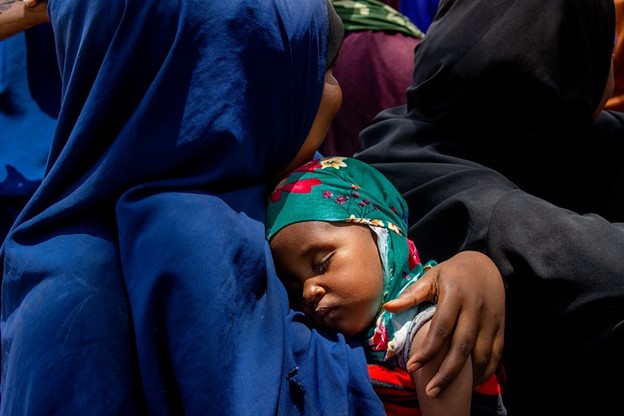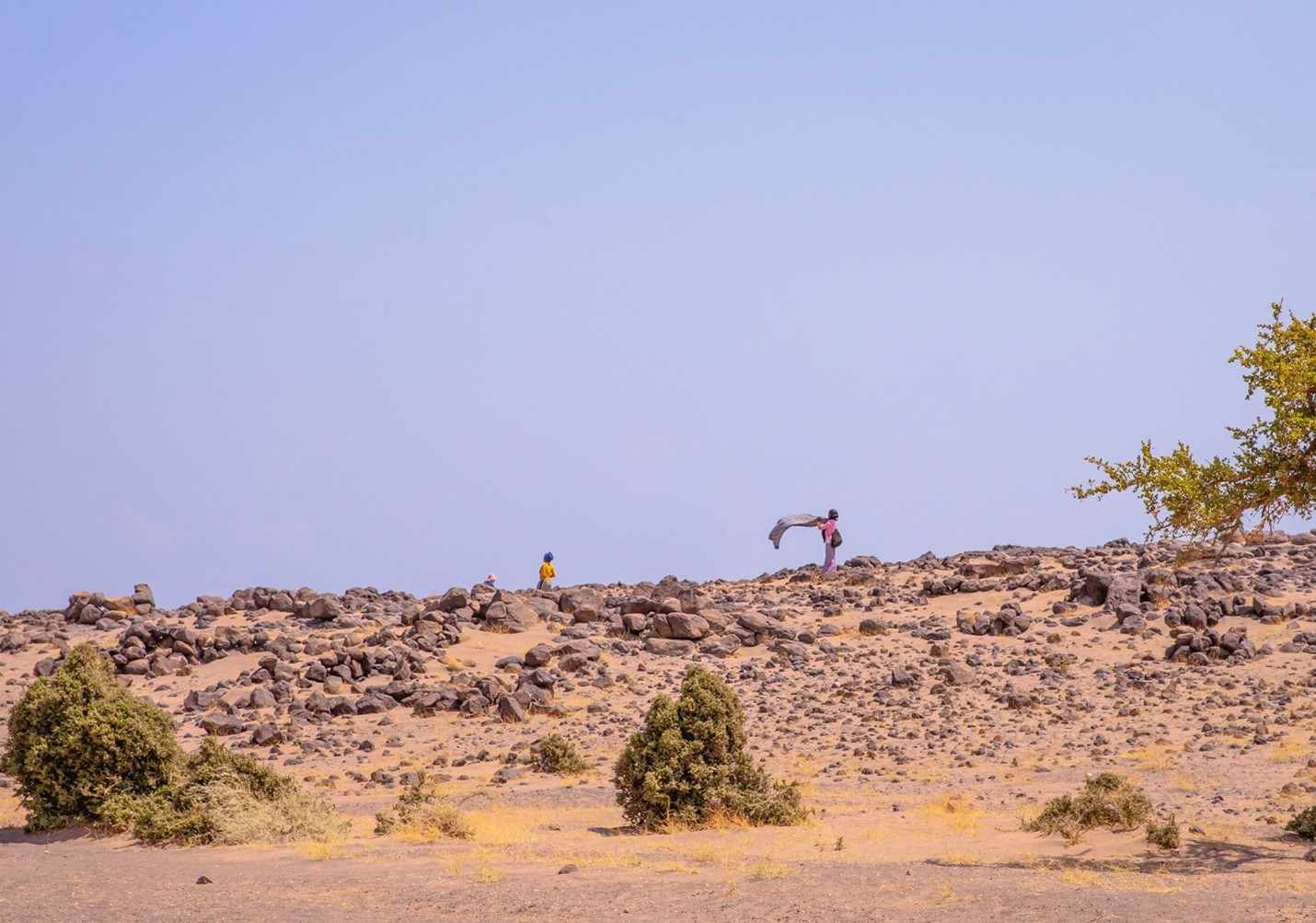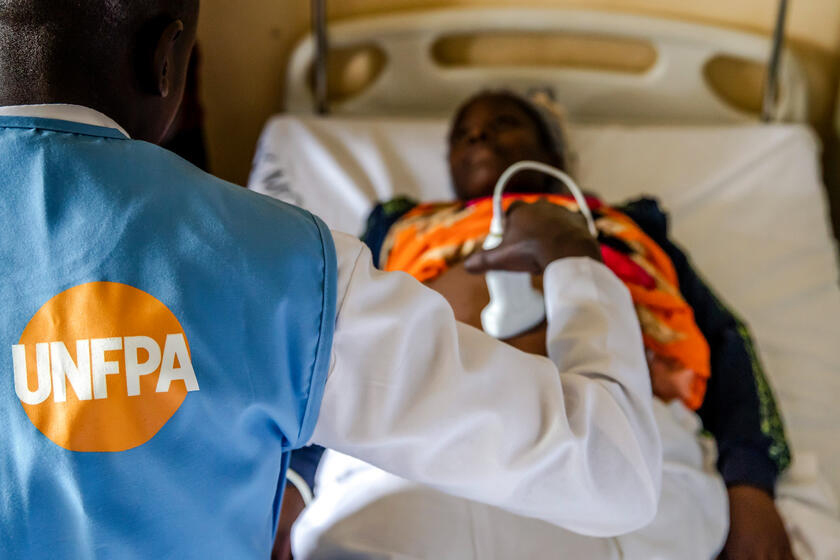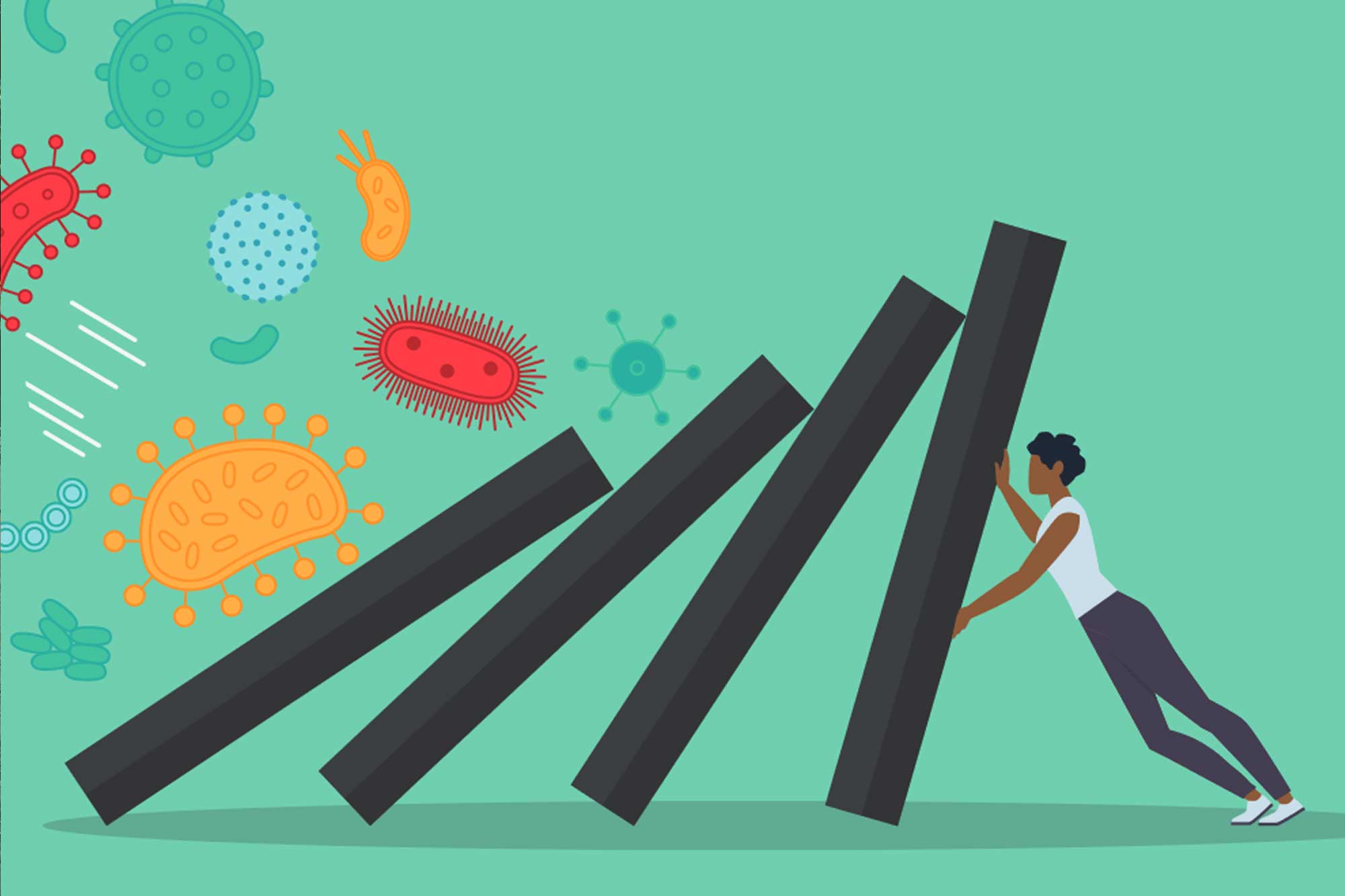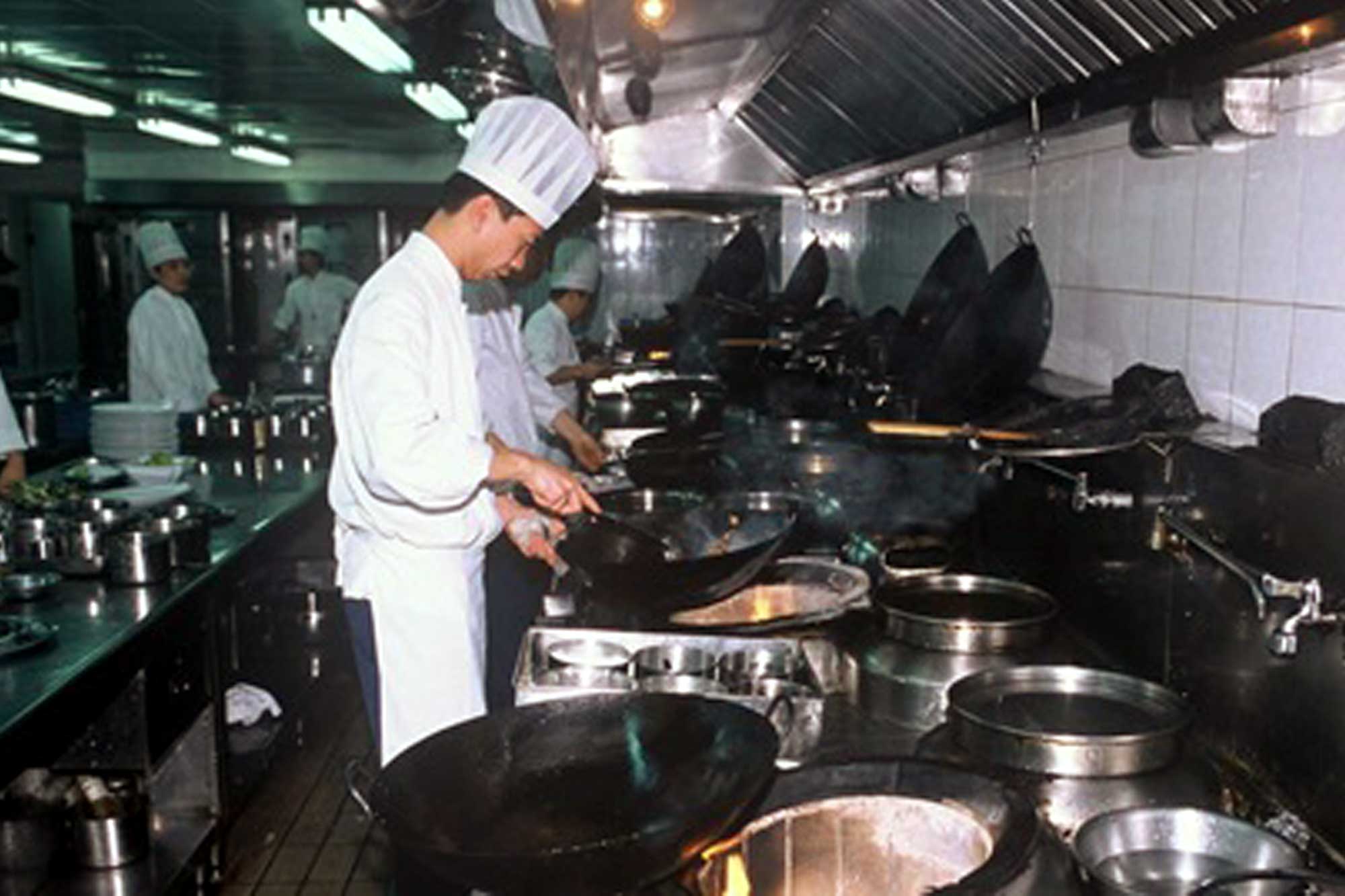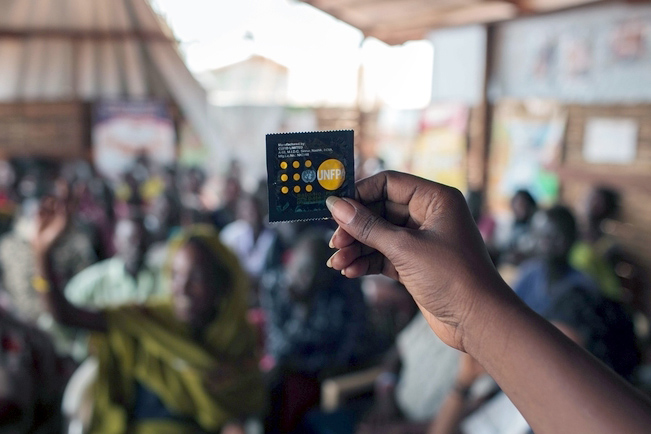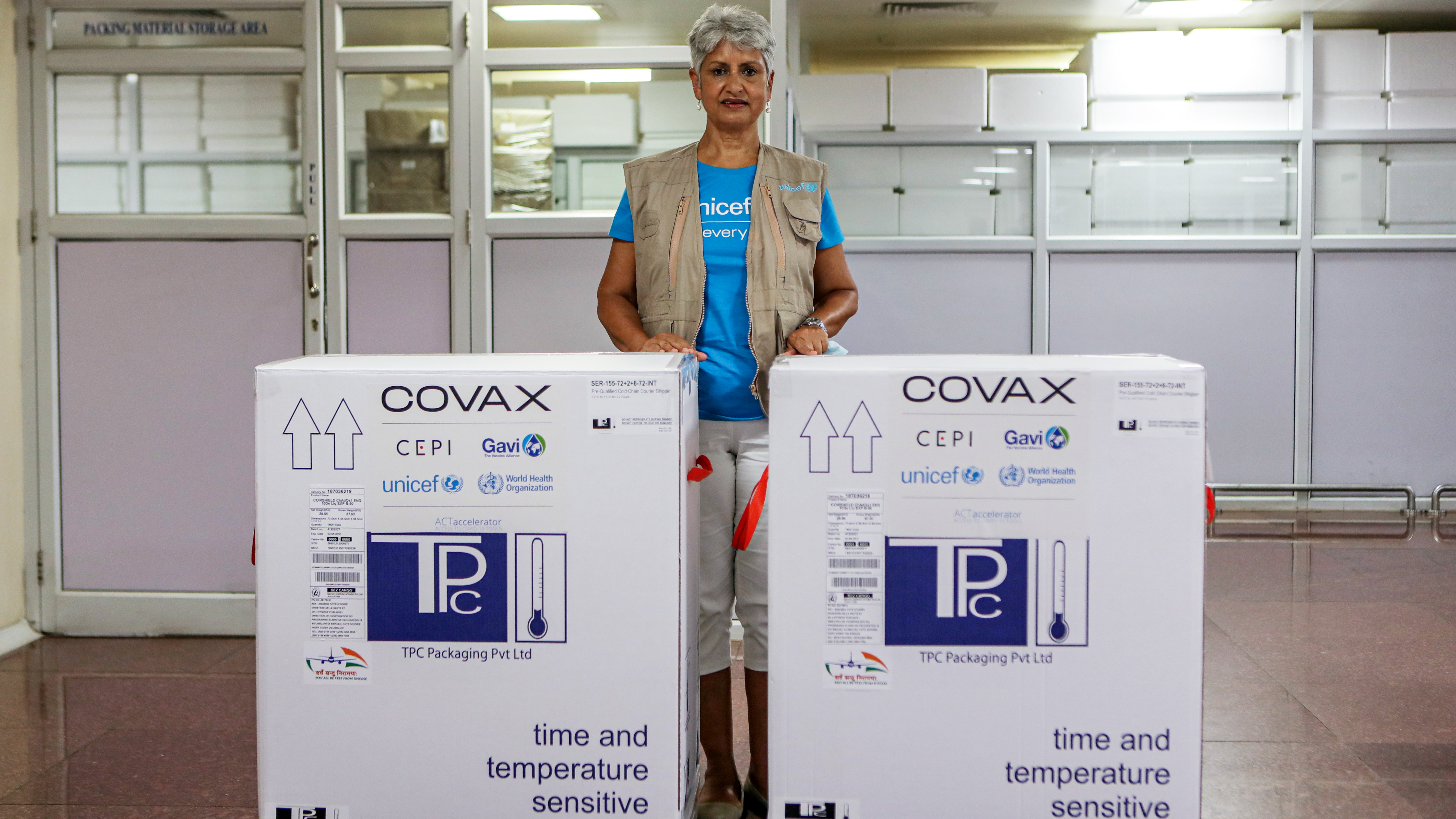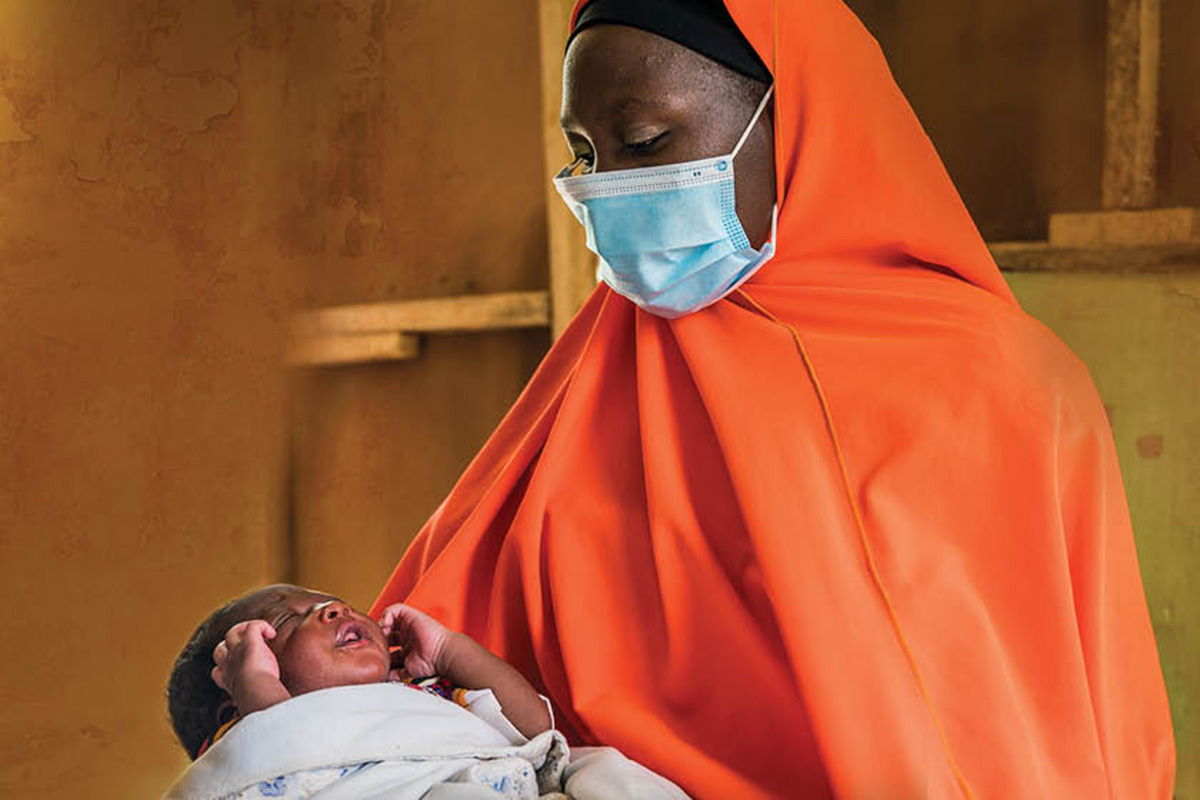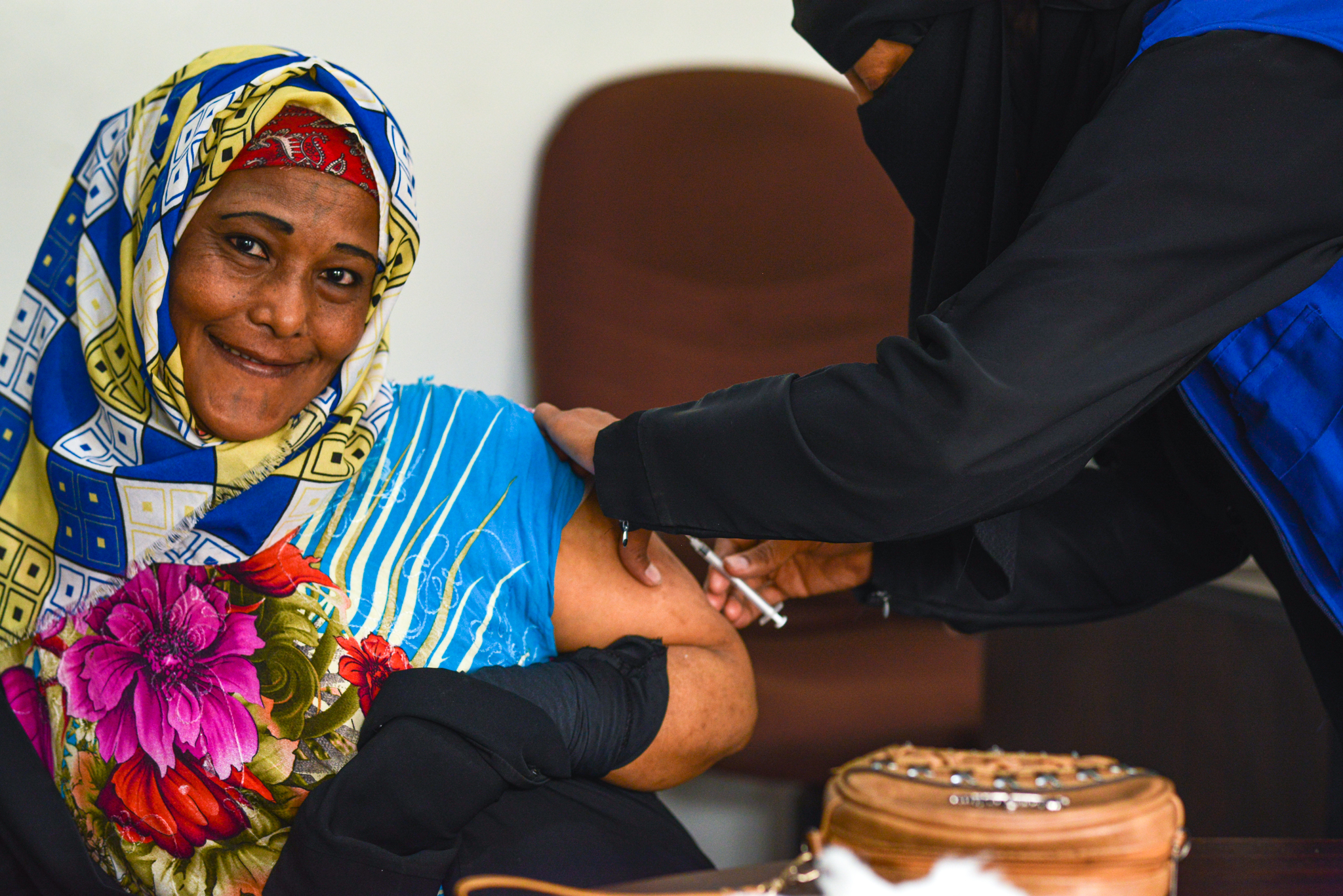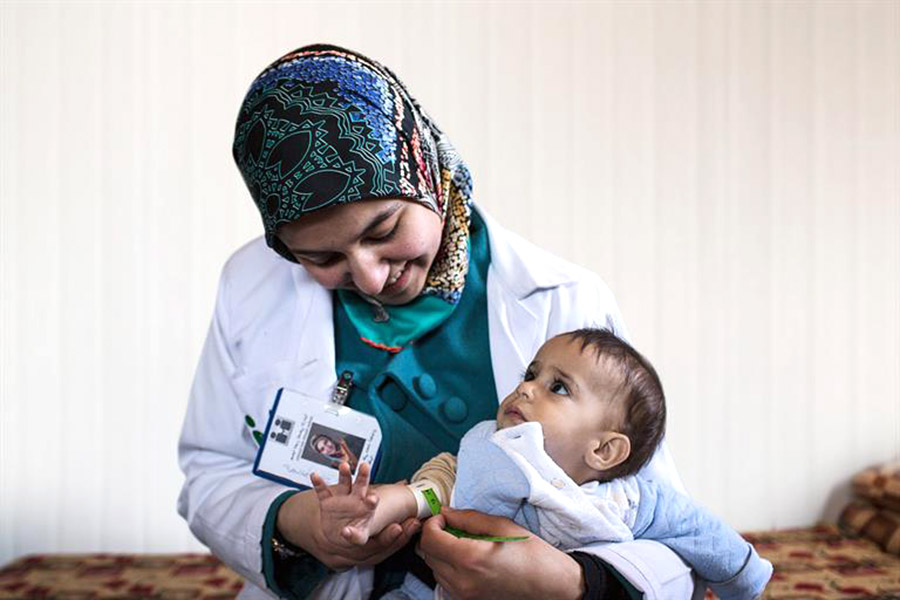Millions of children are experiencing a surge of preventable diseases because of prolonged drought and conflict in Somalia. Women and children make up more than 80 per cent of the displaced people in Somalia, and they are most affected. by the limited access to and unavailability of water, sanitation and hygiene services and increased risk of waterborne diseases. But only 27 per cent of Somalia’s population have access to essential health care. UNOCHA and its humanitarian partners are noting that the number of IDPs continues to increase due to ongoing conflict, drought-induced displacement and water shortages.
Health Interventions
Dr Youssouf, leads the IOM’s mobile health patrols in the Djibouti dessert looking for abandoned, stranded or otherwise vulnerable migrants to provide life-saving assistance. These mobile units carry medical supplies, food, water and other essential items. According to IOM data, the number of women and girls travelling along the Eastern Route – from the Horn of Africa (Ethiopia, Somalia, Djibouti) to Yemen – nearly doubled between 2021 and 2022, from 53,200 to 106,700. In Djibouti, the percentage of women and girls on the move rose from 13 per cent in 2021 to 22 per cent in 2022. Since the beginning of the patrols in 2020, IOM has aided more than 18,000 migrants.
In Kenya, midwifery educator Duncan Shikuku is leading the charge not just to safeguard maternal lives, but also to ensure women are given respectful, compassionate care: “Midwives are the bridge between pregnancy and life in the outside world. What could be more important?"
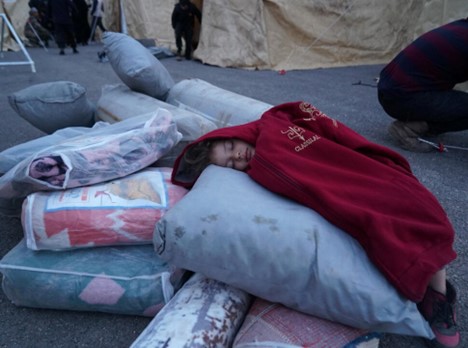
Race against time
Rescuers work into the night, racing against time, hoping to find survivors amid the overwhelming devastation caused by the Türkiye- Syria earthquake. Thousands of buildings, including maternity facilities and safe spaces for women and girls, have been severely damaged or destroyed. UNFPA is committed to support the people of Türkiye and Syria affected by the earthquakes, including the pregnant women who are expected to give birth in the coming weeks under these difficult conditions. Women working with the UNFPA-supported Women and Girls Safe Space are providing postnatal counseling and delivering maternal kits to pregnant women and new mothers.
The report "Bracing for Superbugs" provides evidence that the environment plays a key role in the development, transmission and spread of Antimicrobial resistance.
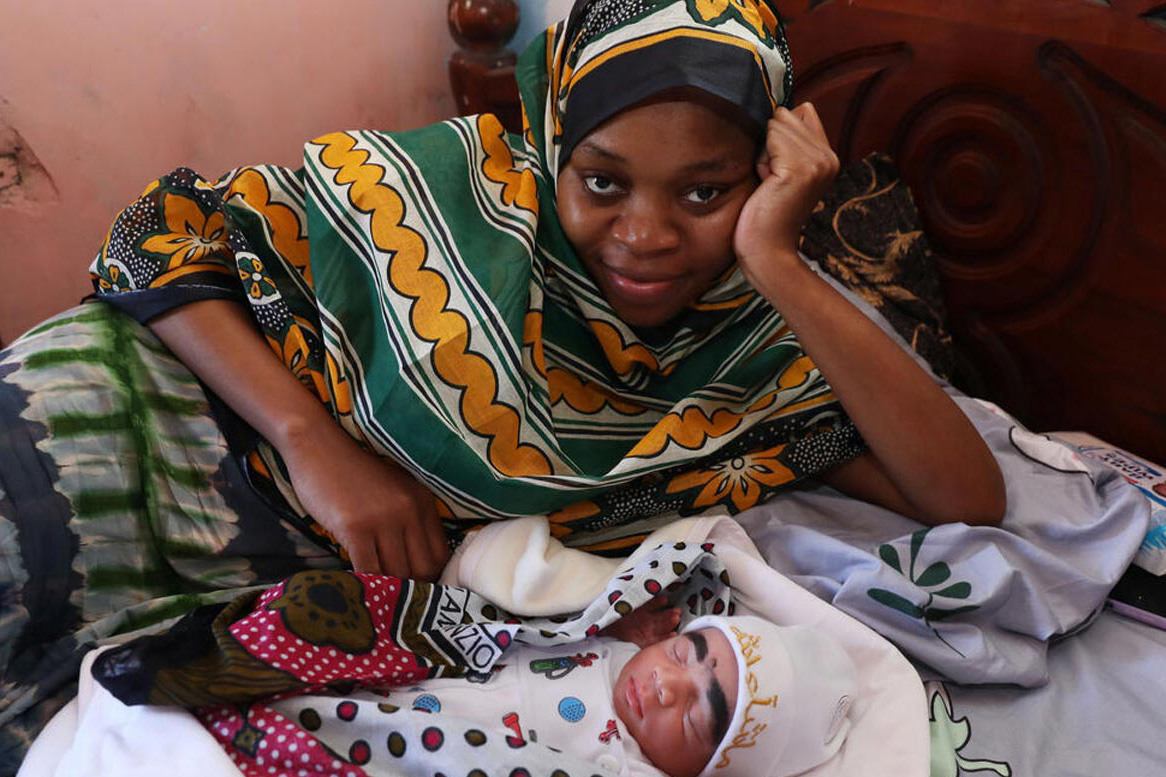
Providing women with reproductive care and choices
Shemsa Sadiq Khamis’s newborn is one of the 2.15 million babies born in the United Republic of Tanzania each year, many of them delivered by specialized midwives. UNFPA supports the training of midwives, recognizing it as a distinct profession. Tanzania’s population is growing fast and over the next three decades, the country will be one of eight representing more than half the increase in global population. Amidst the demographic changes, upholding the sexual and reproductive health and rights of women and girls is key to ensuring that Tanzania’s communities thrive.
5 billion people globally remain unprotected from harmful trans fat, increasing their risk of heart disease and death, a new status report from WHO has found. “Trans fat has no known benefit, and huge health risks that incur huge costs for health systems,” said WHO Director-General, Dr. Tedros A. Ghebreyesus. “By contrast, eliminating trans fat is cost effective and has enormous benefits for health. Put simply, trans fat is a toxic chemical that kills, and should have no place in food. It’s time to get rid of it once and for all.”
Industrially produced trans fat (trans-fatty acids) is commonly found in packaged foods, baked goods, cooking oils and spreads. Globally, trans fat intake is responsible for up to 500 000 premature deaths each year. In 2023, WHO recommends countries focus on: adopting best-practice policy, monitoring and surveillance, healthy oil replacements and advocacy. WHO guidance helps countries make rapid advances in these areas.
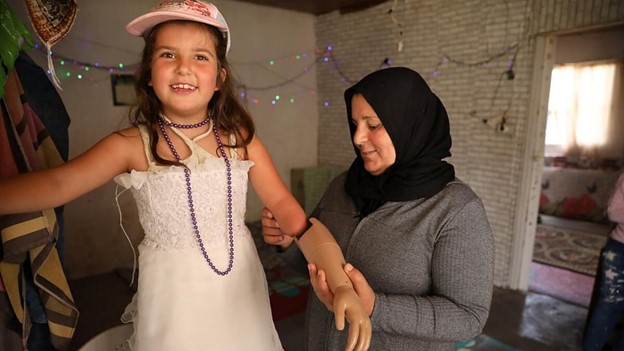
Sarah dreams in colour
Born without a forearm, Sarah’s playful spirit gives her struggling family strength as economic crisis makes a tough situation harder still. Sarah, her mother, father, sister and two brothers live in a simple two-room rooftop shack, strung with glimmering fairy lights that make Sarah smile. With a devaluing currency, the situation for the family and for Lebanon is getting worse each day. UNHCR, is seeking to alleviate the situation with initiatives including rehabilitating health-care centres and providing essential medical equipment to hospitals.
In 2022 the world is experiencing one of the largest backslides of global immunization rates in history. Now is the only chance we have to work together, to pull resources and invest in vaccinating humanity against all diseases and illnesses. And we must do it together! Read about vaccine equity.
During a humanitarian crisis, the conditions that erode women’s ability to exercise bodily autonomy and reproductive choice increase catastrophically, multiplying the risks of unintended pregnancy.
In the 2000s millions died waiting for the first ARVs until knowledge was shared, intellectual property barriers were overcome, and production was globalized. Yet for COVID-19 vaccines and many new HIV technologies that path is being blocked—and we are repeating mistakes of the past. The world will remain unprepared to end AIDS, unprepared to fight COVID-19, unprepared for pandemics of the future, as long as monopolies prevent global access to the best science, from COVID vaccines to new HIV technologies. This is a call on the world to join a movement to ensure pandemic-science for HIV and COVID-19 reaches not just the rich, but all who need it.
Yasmin Ali Haque has worked for UNICEF for almost 25 years and is now the UNICEF Representative in India. In this episode of Awake at Night, she describes the current situation: COVID is bringing communities together, but it is also bringing back negative coping mechanisms such as a returning rise in child marriage.
The State of the World’s Midwifery 2021 presents findings on the Sexual, Reproductive, Maternal, New-born and Adolescent Health (SRMNAH) workforce from 194 countries. The report, produced by UNFPA, WHO and partners, shows the progress and trends since the inaugural 2011 edition and identifies the barriers and challenges to future advancement. The report establishes a global shortage of 1.1 million SRMNAH workers, the largest shortage (900,000) being midwives. Investment is urgently needed.
The success of national vaccination campaigns depends on how inclusive and equitable they are, but there are serious concerns that some members of vulnerable communities may be excluded even if they are mentioned on paper.
The COVID-19 pandemic has unveiled the huge challenges and risks health workers are facing globally including health care associated infections, violence, stigma, psychological and emotional disturbances, illness and even death. Furthermore, working in stressful environments makes health workers more prone to errors which can lead to patient harm. Therefore, World Patient Safety Day 2020 focuses on the theme: Health Worker Safety: A Priority for Patient Safety. On 17 September speak up for health workers and share these social media cards.

